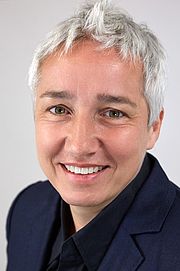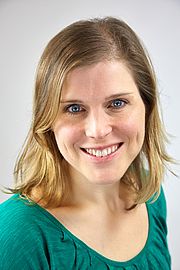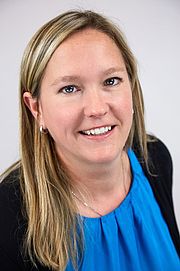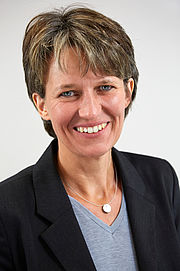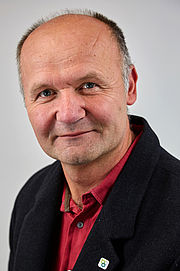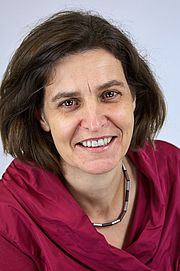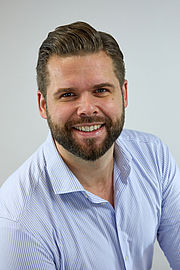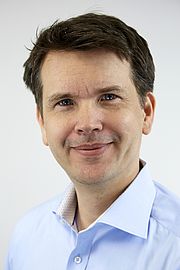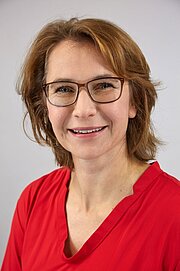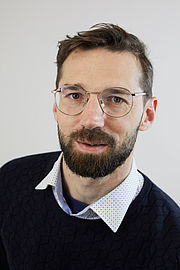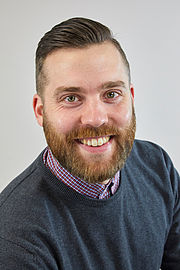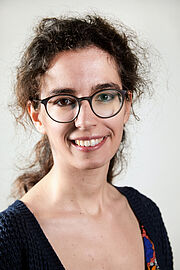Do you have any questions about your doctoral studies, financing options, or do you need help in the admission process or with your scholarship? Are you looking for support in a crisis or conflict situation?
The Graduate School and Doctoral Office as well as numerous support and service offices will be happy to provide information and advice during your doctoral journey!
Key to academic success is the positive and fruitful relationship with the supervisor through a shared commitment to scientific and professional excellence and integrity. An early meeting in the planning stages of the dissertation is essential to discuss roles and clarify i.e.:
- the scope and regularity of meetings
- what is expected of the candidate in these meetings
- how research results are to be documented
- the supervisor’s preferred approach for giving regular feedback
The supervisor will offer valuable support and recommendations, e.g. regarding the best option for your dissertation. Doctoral students may also want to seek guidance and advice choosing the 2nd supervisor.
! Taking notes after each meeting and sharing these with the supervisor will help to document what has been discussed and provide a good reference for follow-up meetings.
Earning a doctoral degree is exciting, but the journey can be long and challenging, and almost all doctoral students will be faced with certain difficulties or get frustrated at some point during the academic process. These difficulties may include financial problems or time pressure. If you have any troubles during your doctoral process, please reach out for help as soon as possible.
Your supervisors are usually your first point of contact to address any obstacles. However, if your supervisory relationship is part of the problem, our counselors are happy to help if you are not sure what to do next or need advice. The counselors are academics and/or professors who were once doctoral students themselves and have experience in supervising dissertationss.
They provide a safe and confidential place to talk about any concerns, and will help you navigate through difficult situations by identifying options and solutions.
The Ombudspersons are elected in the Senate and are the main contact for all members of the university in all cases of suspected scientific misconduct.
All members of Hochschule Geisenheim University are committed to work arte legis and prevent scientific misconduct
What is scientific misconduct?
- Fabrication or falsification of data or research results and/or reports
- Infringement of intellectual property rights (plagiarism, theft of ideas and knowledge, unauthorized publications)
- Unauthorized use of (co-) authorship
- Sabotage or manipulation of research materials, equipment or processes
- Removal of primary data
- Joint responsibility for misconduct (participation in misconduct, neglect of supervisory responsibilities)
- Misconduct of reviewers or Committee members
The principles of scientific integrity should be adhered to from the very beginning of the research and writing process because it reduces the risk of misconduct in dealing with data and references, ensuring that your writing is beyond reproach.
! The 2-day workshop “Scientific Integrity” is a compulsory module for all doctoral students at Hochschule Geisenheim University.
The members of the Doctoral Committee and their deputies are elected by the Senate of the Hochschule Geisenheim University as follows:
(4th electoral term until September 30, 2026)
- Vice-President Research (Chair)
- Three members of the group of professors
- Two postdocs
- One doctoral student (and deputy) with an advisory vote
The Doctoral Committee establishes and safeguards the policies and standards for doctoral studies at Hochschule Geisenheim University such as:
- Approval of application and admission and to the doctoral program
- Appointment of supervisors and reviewers
- Review of requests concerning the doctoral procedure, i.e. changing the title or language of the dissertation
- Review and feedback of Annual Progress Reports
- Appointment of Examination Committee
- Coordination of decisions and adminstrative matters with the Doctoral Committee of the partner university, if applicable
The Doctoral Committee meets twice a semester.
Next meeting:
56th meeting of the Doctoral Committee on Tuesday, January 21, 2025 - 02:00 - 4:00 pm
! Deadline for submission of applications is 2 weeks prior to the meeting (January 07, 2025)
Serving on a committee is often a prerequisite for tenure-track positions at many universities, so being involved in a committee is a good opportunity for doctoral students to develop collaborative and policy-making skills valued in many professions.
As a doctoral student you can help shape the development of Hochschule Geisenheim University in various committees, e.g. in the Senate, the Doctoral Committee (a strong voice for the doctoral community!) or the Committee on Research and Development (R&D).
For the Doctoral Committee, the student representative and his/her deputy are elected by the Senate. Both are the point of contact for their fellow doctoral students and serve as advisors to the Doctoral Committee.
If you would like to get involved or have any questions regarding the rules of candidacy and election, please contact the Doctoral Office.


